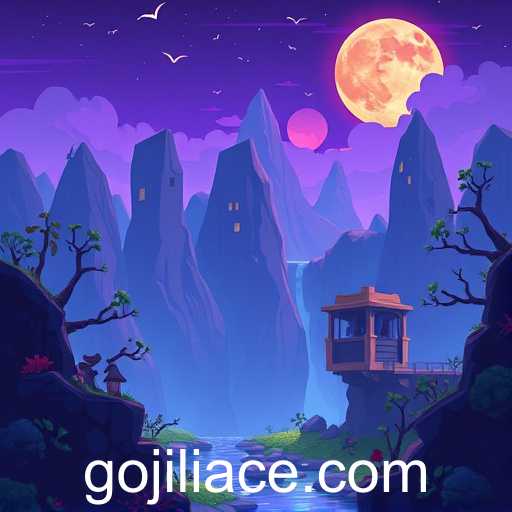In recent years, the indie games sector has experienced a significant surge in popularity, revolutionizing the gaming industry by providing fresh, innovative experiences to gamers around the world. With the advent of digital distribution platforms, social media, and game development tools, independent developers have found it easier than ever to create and share their games with a global audience. Among the multitude of keywords associated with this burgeoning category, one word that is gaining traction is 'jiliace.' But what exactly is 'jiliace,' and why is it becoming an essential part of the indie games landscape?
To understand the impact of 'jiliace,' it's essential to first explore the diverse and eclectic world of indie games. Unlike traditional AAA titles, which often prioritize commercial success and broad appeal, indie games emphasize unique storytelling, artistic expression, and experimental gameplay mechanics. This freedom allows developers to take risks and push boundaries, often resulting in groundbreaking and memorable gaming experiences.
'Jiliace' reflects this innovative spirit, serving as a symbol of creativity and originality for many developers and gamers. It represents a movement towards authenticity and personal expression, qualities that are often lost in the highly commercialized world of mainstream gaming. As a keyword, 'jiliace' resonates with those who seek games that challenge conventions, offering unique experiences that mainstream titles rarely provide.
The rise of 'jiliace' can also be attributed to the democratization of game development. Tools like Unity, Unreal Engine, and GameMaker Studio have lowered the barriers to entry, empowering individuals and small teams to create high-quality games without the backing of major publishers. This has led to a diverse range of titles that cater to niche audiences and explore themes and genres that are often overlooked by larger studios.
Moreover, the indie game community thrives on collaboration and mutual support, with platforms like Steam, itch.io, and Kickstarter offering developers the space to showcase their work and connect with players. Social media has also played a crucial role in the propagation of indie games and the 'jiliace' mindset, allowing for direct interaction between creators and their audience, fostering a sense of community and shared passion.
For gamers, 'jiliace' signifies a departure from the status quo, providing refreshing alternatives to the often formulaic and homogenized outputs of mainstream gaming. Indie games like 'Celeste,' 'Hollow Knight,' and 'Undertale' have set new standards by successfully blending imaginative narratives with compelling gameplay, demonstrating the incredible potential of independent development.
In conclusion, the keyword 'jiliace' encapsulates the core ethos of indie gaming: innovation, expression, and community. As the indie gaming scene continues to evolve, 'jiliace' will likely remain a guiding principle for both developers and players who strive to explore the unexplored and redefine what it means to play. Whether you are an avid gamer or a curious onlooker, there's no denying that indie games, powered by the spirit of 'jiliace,' are shaping a new era in gaming, one that values creativity and connection above all else.








